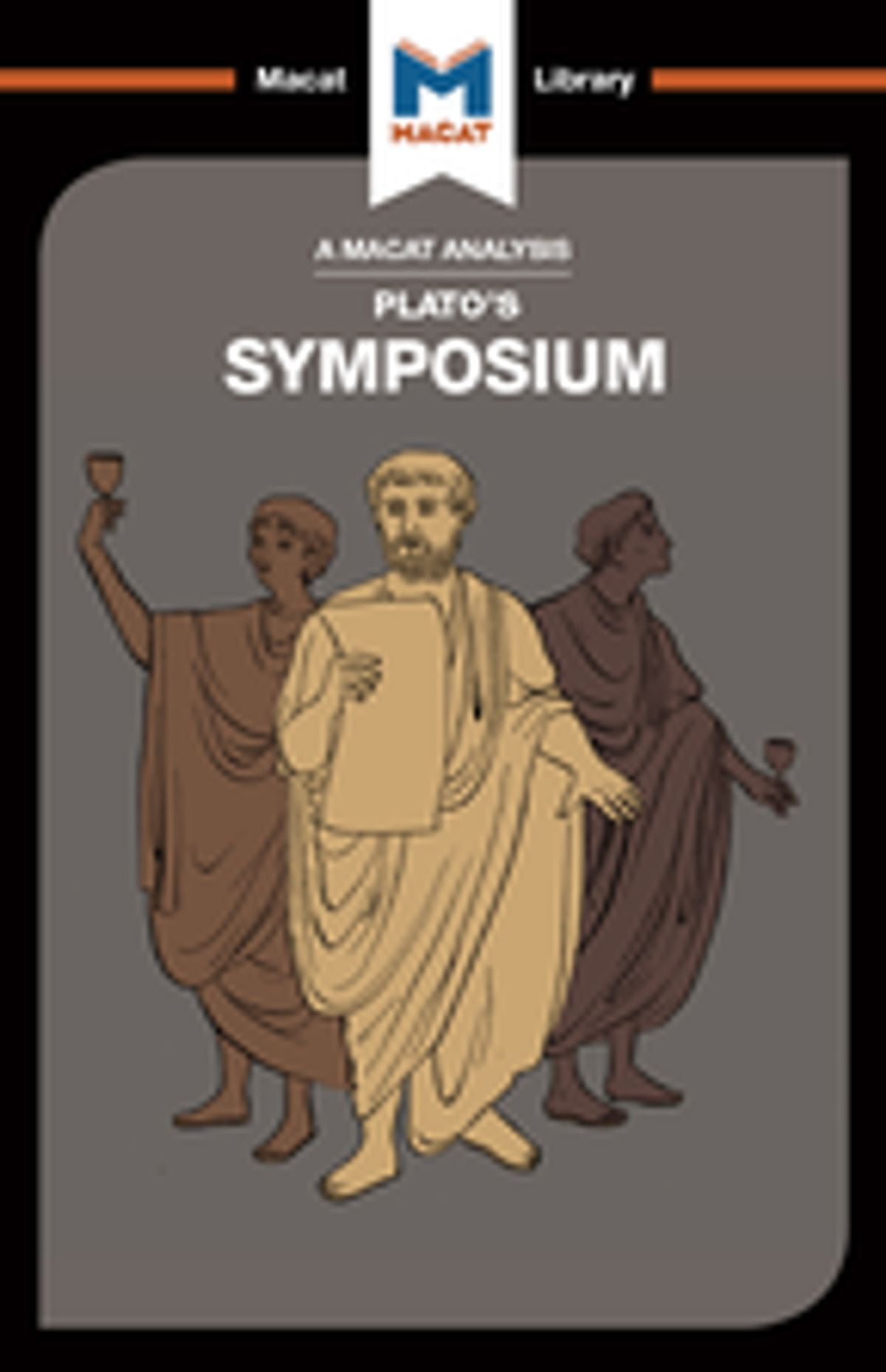Plato’s Symposium (or, correctly, Symposion) is one of humanity’s immortal texts on love. Seven friends gather at a party one night in ancient Athens and discuss the nature of love. Plato’s thoughts in the Symposion have influenced our views on love right up to the present.
You can find all our articles on love here.
If you like reading about philosophy, here’s a free, weekly newsletter with articles just like this one: Send it to me!
Why read the Symposion at all?
When you see someone talking about the Symposion today, you might ask yourself: Why on Earth should I care about a 2400-year-old piece of text? What could Plato possibly say about love that we don’t already know? We are so inundated with talk of love, from TV, movies, social media and dating apps. What could old Plato possibly teach us?
A lot, as it turns out. To begin with, the Symposion is what we would today call an LGBT story. Its background understanding is that love is at its best between men, ideally an older man and a boy, a teacher and his student, a master and his apprentice. But love between women is also explicitly acknowledged in the text, and it is only with regret that Plato admits that some men actually do love women. Reassuringly, it is only the meaner sort who do:
Love we see in the meaner sort of men; who, in the first place, love women as well as boys… [181b]
But this is only a funny aside. Another important contribution of the Symposion to the intellectual history of the West is that it established firmly the Christian attitude of man’s love towards God. The Jewish God is a hands-on master, watching over His chosen flock, making sure that they keep all the commandments, traditions, dietary and dress rules just as they should. The Christian God is a much more Platonic being: far away, He is not to be reasoned with. His ideal realm is somewhere else, unreachable for living human beings, and only accessible to the dead who, if deemed worthy, will live a second, eternal life in the shine of God’s perfection. This is, as we will soon see, a concept that comes directly from Plato’s theory of love, as it is presented in the Symposion. Religious fasting, the spiritual exercises of monks, the …
Read the full article which is published on Daily Philosophy (external link)





